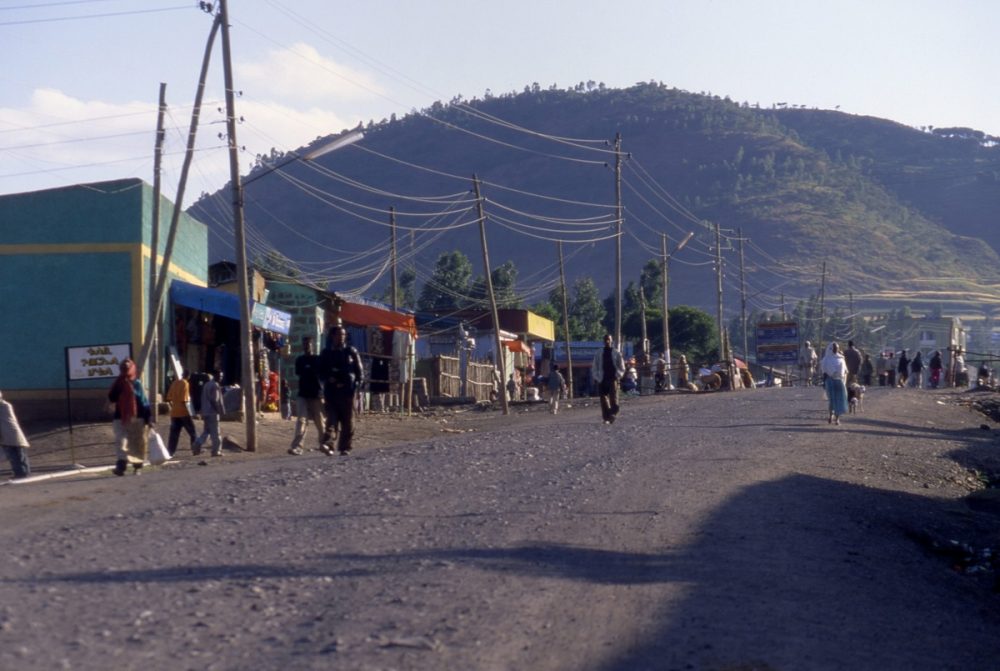
Our long-term objective is to establish the Sustainable Energy Access for Africa Network (SEAFAN) and provide a process for stakeholder-informed modeling and decision frameworks to support solutions to sustainable electricity access across Sub-Saharan Africa. This WUN project will develop an initial network of
interdisciplinary researchers in and outside of Africa, and develop research directions grounded in the multiple stakeholder groups affected by electricity access decisions.
The United Nations Sustainable Development Goal 7 is to “expand infrastructure and upgrade technology for supplying modern and sustainable energy services for all developing countries.” Access to electricity leads to enhanced education, business, and healthcare opportunities; yet more than 600 million people in sub-Saharan Africa are without electricity. Major hurdles in meeting this target include redesigning the power system and integrating renewables into electricity networks in ways that benefit a diversity of stakeholders, such as local communities and businesses.
We propose targeted workshops in Ghana to seed a community of practice that will grow over time. The workshops will engage university colleagues from the USA and Africa, and a range of stakeholders, to develop energy modelling and decision frameworks aimed at better serving communities in African nations.
The purpose of the workshops is four-fold:
- Establish collaborations between universities
- Engage with energy stakeholders
- Set a research agenda responsive to energy policy needs and challenges
- Set the stage for future workshops aimed at expanding the network.The outcomes of the workshops will feed into the preparation of grant proposals, and research and policy papers in the next phase.
The long-term outcomes will include a growing network focused on this topic of great relevance and a program of community-inspired research into the models, decision-frameworks, and technologies that can help reach the UN goal of 100% energy access in Africa.
Outcomes
Workshops (in 2019)
- WUN Project Workshop, University of Ghana, in Accra, on 12 August 2019. Academic partners gathered to discuss our vision, shared objectives, and plans for pushing the research forward.
- First Stakeholder Workshop to capture views of urban dwellers with regards to a sustainable electricity system, in Accra, Ghana, on 13 August 2019. 41 participants from public agencies, community leaders and industrialists, power producers, and academics attended this workshop.
- Second Stakeholder Workshop to capture views of rural dwellers with regards to a sustainable electricity system, in Tamale, Ghana, on 15 August 2019. 18 stakeholders included community representatives, representatives from business, and the northern utility NEDco. Of particular interest was the participation of three local chiefs.
Selected outcomes
A key output of our project, through engagement with stakeholders, is the development of an Objective Hierarchy for the problem of improving the electricity system in Ghana. A benefit of this method is that it is a step in the process of translating qualitative findings into quantitative decision models.
